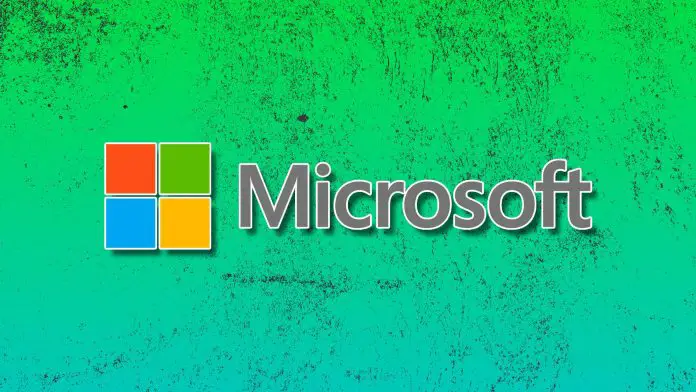In a groundbreaking development poised to shake up the tech landscape, Microsoft has introduced its Majorana 1 chip, heralded as the first quantum chip to utilize a Topological Core—which is based on a novel class of materials designed specifically for enhanced quantum computing performance. This innovation marks a significant stride in the field of quantum computing, making it crucial for small business owners who rely on cutting-edge technology for competitive advantage.
Majorana 1 promises an array of benefits that could transform how businesses operate, particularly those engaged in data-intensive industries such as finance, healthcare, and logistics. By leveraging the principles of quantum mechanics, the chip enables calculations that are exponentially faster than those performed by traditional computers. For small businesses, this translates to faster data processing, improved analytics capabilities, and ultimately, quicker, better-informed decision-making.
“Understanding the implications of quantum computing is key for small businesses that want to remain competitive in their fields,” said a Microsoft spokesperson. “With our Majorana 1 chip, companies can unlock new possibilities for innovation and efficiency.”
Small business owners interested in applying these advancements can foresee practical applications across various sectors. For instance, in finance, improved algorithms can facilitate faster transaction processing and risk assessments, which could enhance customer satisfaction and streamline operations. In healthcare, rapid data analysis could lead to more effective patient management and treatment options, ultimately saving time and reducing costs.
While the benefits of adopting quantum computing technology through the Majorana 1 chip are clear, small business owners should also consider the potential challenges that come with integrating such advanced technology. The initial investment cost and the need for skilled personnel to fully leverage the capabilities of quantum computing might pose significant hurdles for smaller operations.
Moreover, the current ecosystem for quantum applications is still evolving, which means businesses may need to exercise patience as they adapt to the nascent technology. “It’s essential for small companies to approach this innovation thoughtfully,” advised a technology analyst. “Developing a comprehensive strategy that considers both the potential upward mobility and the complexities of implementation is critical.”
Additionally, adapting existing business models to fully harness quantum capabilities can require significant shifts in infrastructure and ongoing employee training. For many small businesses, these changes may necessitate a recalibration of budgets and long-term planning to justify the initial costs against the anticipated returns in efficiency and growth.
Despite these challenges, the overall promise of quantum technology—especially one powered by dissolving design barriers like those seen in the Majorana 1—holds the potential for a profound impact on the future of small businesses. By staying informed and strategically planning for the integration of these advancements, small business owners can set themselves on a path toward sustained growth and innovation.
As Microsoft continues to develop the applications of its Majorana 1 chip, small business owners should monitor this rapidly progressing front of technology. The powers of quantum computing, once more of a theoretical concept than a practical solution, are now becoming tangible, offering substantial opportunities for those who are prepared to adapt.
For more details on this exciting development, visit the original Microsoft announcement here.
Image Via Envato: AmnajKhetsamtip



